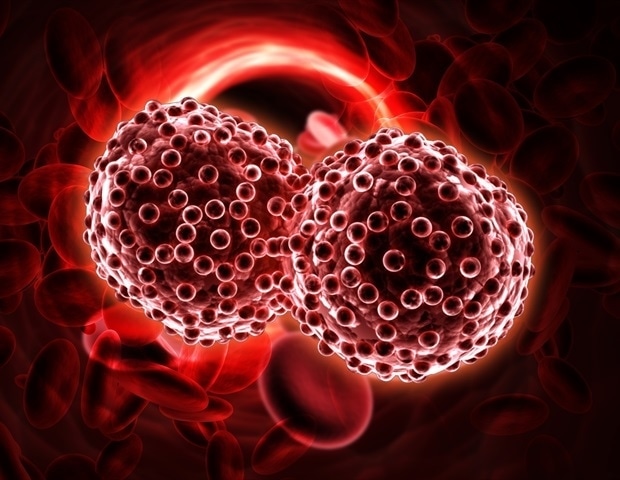The Epstein-Barr virus can cause a spectrum of diseases, including a range of cancers. Emerging data now show that inhibition of a specific metabolic pathway in infected cells can diminish latent infection and therefore the risk of downstream disease, as reported by researchers from the University of Basel and the University Hospital Basel in the journal Science . Exactly 60 years ago, pathologist Anthony Epstein and virologist Yvonne Barr announced the discovery of a virus that has carried their names ever since.
The Epstein-Barr virus (EBV) made scientific history as the first virus proven to cause cancer in humans. Epstein and Barr isolated the pathogen, which is part of the herpesvirus family, from tumor tissue and demonstrated its cancer-causing potential in subsequent experiments. Most people are carriers of EBV: 90% of the adult population are infected with the virus, usually experiencing no symptoms and no resulting illness.

Around 50% become infected before the age of five, but many people don't catch it until adolescence. Acute infection with the virus can cause glandular fever -; also known as "kissing disease" -; and can put infected individuals out of action for several months. In addition to its cancerogenic properties, the pathogen is also suspected to be involved in the development of autoimmune diseases such as multiple sclerosis.
As yet, no drug or approved vaccination can specifically thwart EBV within the body. Now, a research group from the University of .
















